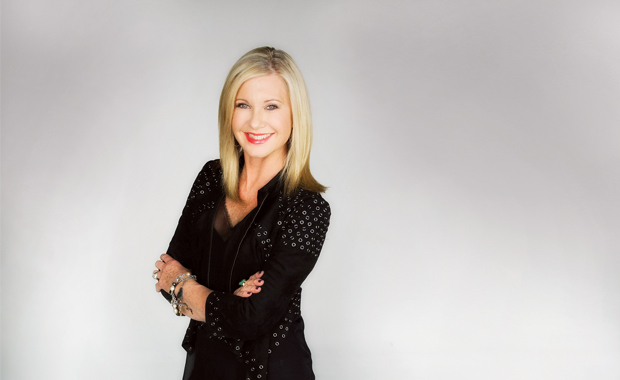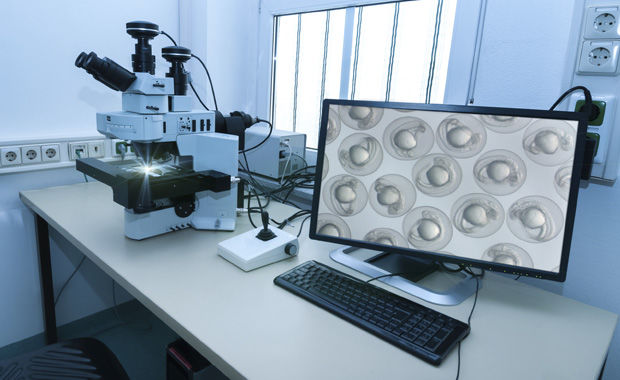Confusion Surrounding Ovarian Cancer Leaves Canadians At Risk
News More than 17,000 women in Canada are living with ovarian cancer. Each year, another 2,600 are newly diagnosed.

Within the general public, confusion surrounds the disease. A recent Harris-Decima survey shows that one out of four women incorrectly believes the Pap test checks for ovarian cancer, when it only detects cervical issues. Others falsely assume that the HPV vaccine protects against ovarian cancer, whereas it actually prevents cervical cancer.
“Lack of information often stands in the way of proper diagnosis. Adding to the challenge is that there is no reliable early detection test,” says Elisabeth Baugh, CEO of Ovarian Cancer Canada. “This being the case, ovarian cancer is especially difficult to diagnose, making it all the more important for us as women to advocate for our health and wellbeing.”
Awareness changes lives
Just one out of two women can identify the four common symptoms of ovarian cancer.
At age 16, Bailey Urquhart was in and out of her doctor’s office, constantly complaining of extreme menstrual pain. In absence of other symptoms, she was told that this was her “normal” and she eventually passed it off as such.
“Lack of information often stands in the way of proper diagnosis. Adding to the challenge is that there is no reliable early detection test.”
Over the next few years, Bailey’s pain at times brought her to the emergency room. On each occasion, she received medication and was sent home with no further tests.
Noticing her swollen stomach and unexplained weight loss, her friends and family grew increasingly concerned. In spring of 2012, Bailey, then 23, received a magazine clipping from her soon-to-be mother-in-law.
As she read about ovarian cancer, Bailey realized the article very nearly outlined her experience.
She returned to her doctor, armed with information and demanding tests. Shortly afterwards, Bailey was diagnosed with stage III ovarian cancer.
Following extensive surgery and chemotherapy, Bailey is now happy and healthy.
The course of her journey with ovarian cancer could have been very different had she never read the magazine article.
“The lesson here is simple, trust that you know your body,” Bailey says. “Use the resources around you to be your own advocate and don’t stop until you have an answer.”
In hopes of encouraging others to be proactive about their health, Bailey has made it her mission to increase awareness about ovarian cancer. She shares her story at events, such as LOVE HER, which takes place early next year.




































.jpg)














